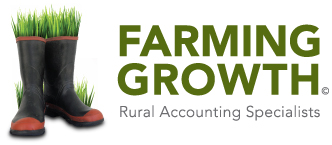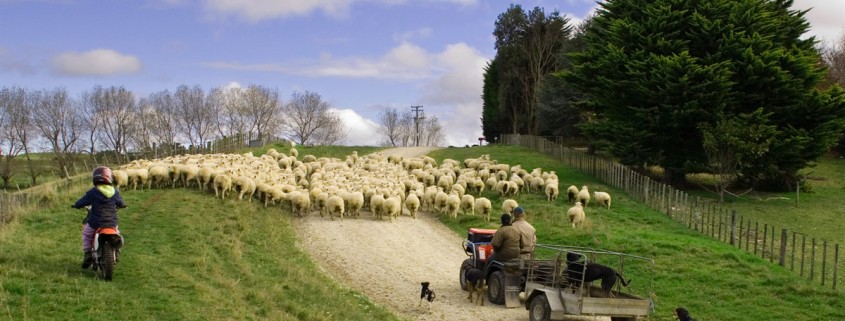Identify the ‘Leakage’, reduce your spending and increase your profit
The low dairy payouts have generated a lot of discussion around how farmers can reduce their costs. By reducing farm working expenses and unnecessary expenditure, the business is more profitable, the bank account healthier and the stress levels lower.
While reducing costs may sound like the whole solution, farming as a business relies on inputs to generate outputs and it is critical that farmers are well aware of the costs that should be cut and those that may in fact require more investment. Instead of simply minimising all expenditure, we should instead be encouraging an educated rationalisation of spending by identifying ‘leakage’ expenditure and maximising any profits possible.
‘Leakage’ is expenditure which could be defined as waste. It is like paying insurance on assets no longer owned, paying overdraft fees when an overdraft is not required, purchasing many years requirements of farm supplies or purchasing high cost stock food, applying fertiliser without a soil test etc.
‘Leakage’ often occurs when farmers take their eyes off the overall business management and focus solely on a production mindset. There is evidence that while gross farm incomes have increased, net incomes have stayed relatively static for many and the drive for increased production is not reflected in an increase in farmers net profit.
By promoting the philosophy of farming for profit, farmers need to be certain they will be better off after expenditure than they were before it.
Examples of ‘Leakage’
- Feeding overpriced ineffective stock food. When purchasing, consider $/kg of dry matter, wastage and storage requirements.
- Paying ACC levies on the standard cover option, when you do not need that level of cover.
- Applying fertiliser without doing appropriate soil tests. Is the fertiliser needed and is it the appropriate fertiliser? Consider the targeted application of fertiliser.
- Excessive animal health spending.
- Overdraft fees when overdraft facility is not being used.
- Purchasing farm machinery when contractors may do the job more cost-effectively.
- Buying and keeping excessive farm supplies inventories.
- Having spoilage or wastage of farm supplies. Farm supplies should be stored appropriately to avoid deterioration or theft.
- Buying excessive farm plant, machinery or vehicles.
- Neglecting the maintenance of assets. Ensure maintenance is done early to avoid large repair bills when assets break down.
- Overspending on specials – buy only what you need.
- Paying interest on suppliers’ accounts when this could be funded by the bank.
- Paying life insurance when the family no longer needs it.
- Reduce vehicle expenses by considering the most appropriate vehicle for the job. Can a cheaper two-wheeler be used instead of a quad or ute? Claim fuel excise rebates (66 cents per litre).
Clearly, the challenge here is to seriously consider each purchase you make rather than continuing to do what you have done in the past. If a cost does not need to be incurred or the return on this cost looks marginal, it is time to really consider if this item is ‘Leakage” and should be saved.



